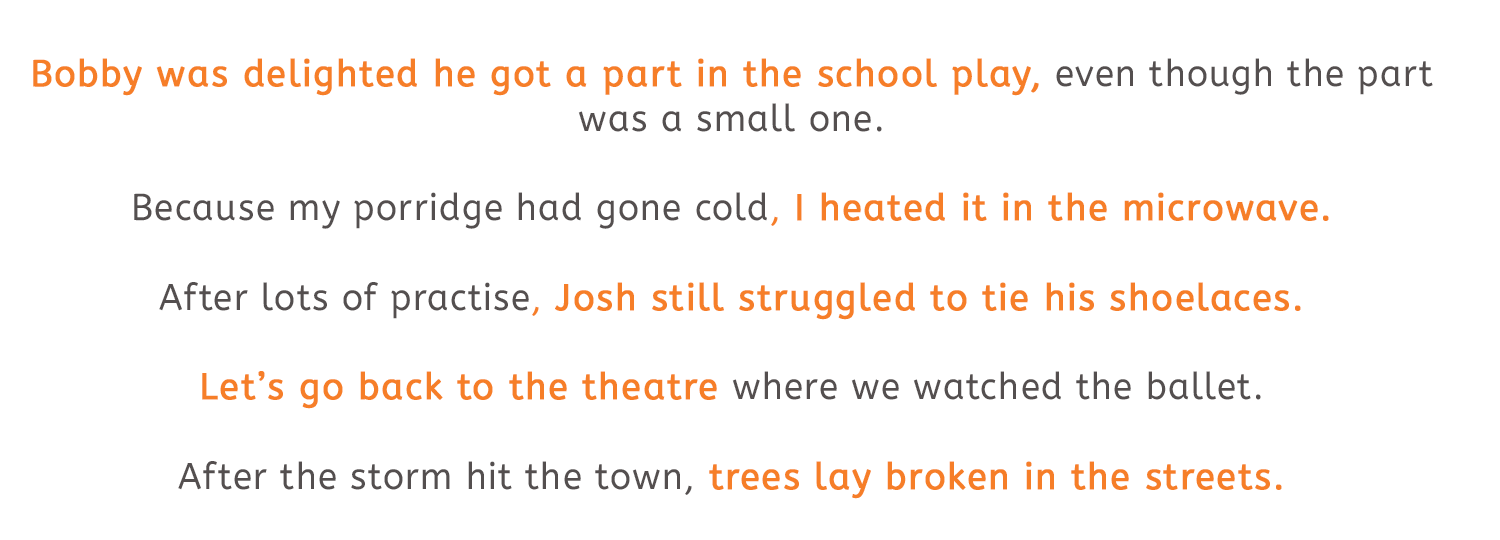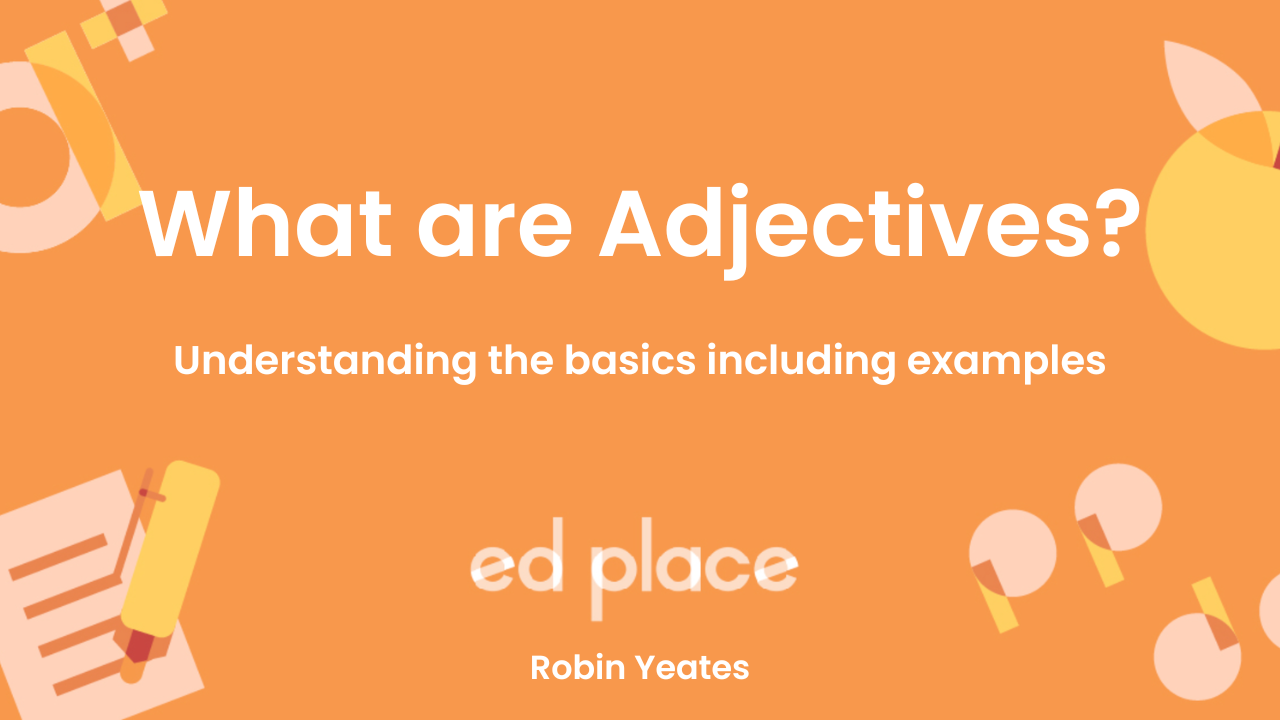What is a Complex Sentence?
A complex sentence is a sentence that contains an independent clause and one or more dependent clauses. An independent clause can stand alone as a sentence, but a dependent clause even though it has a subject and a verb cannot stand alone.
Here are some examples of complex sentences. The independent clause is in bold;






.png)
.png)
.png)




